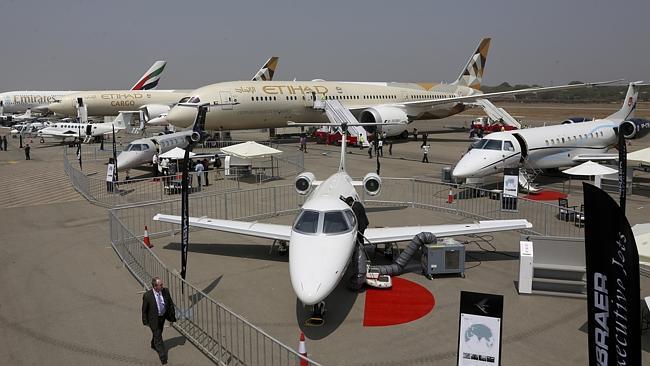US Senate committee approves FAA reauthorisation bill
A US Senate committee bill opens the door to enhanced screening of pilots with possible mental health problems.

A US Senate committee has approved a bill mandating a big shift in how airlines treat passengers and the way aircraft are certified, while opening the door to enhanced screening of pilots with possible mental health problems.
The bipartisan legislation, reauthorising the FAA’s programs and powers through to the end of September 2017, also includes issues such as expanded use of small commercial drones across the US, potentially even at night and outside the sight of operators.
One of the most timely and closely watched parts of the bill calls for the FAA to consider enhanced testing of cockpit crews to identify psychological conditions, including depression and suicidal thoughts or tendencies, that could interfere with safe operation of an aeroplane.
Aviators with previously diagnosed psychological disorders could be subjected to more detailed and frequent medical checks.
The provision comes less than a week after the release of the final investigative report detailing how a mentally unbalanced Germanwings co-pilot last year intentionally crashed his Airbus A320 into the French Alps, killing all 150 on board.
The measure also includes beefed-up consumer protection language requiring regulators to enact rules ensuring that airlines refund fees in the event baggage is lost or delayed beyond a specific period. In addition, the bill mandates greater transparency in disclosing other fees charged to passengers.
The committee narrowly rejected an amendment calling on the US Transportation Department to determine what constitutes “unreasonable” fees to change tickets.
Another section of the bill is intended to bolster efforts to keep drones away from airports and other sensitive areas.
For the first time, the FAA would be specifically required to detail economic benefits derived by airlines and other users of the nation’s airspace from mandated installation of updated air-traffic control equipment. This issue also has been a point of contention for many years between regulators and industry officials.
The Wall Street Journal



To join the conversation, please log in. Don't have an account? Register
Join the conversation, you are commenting as Logout